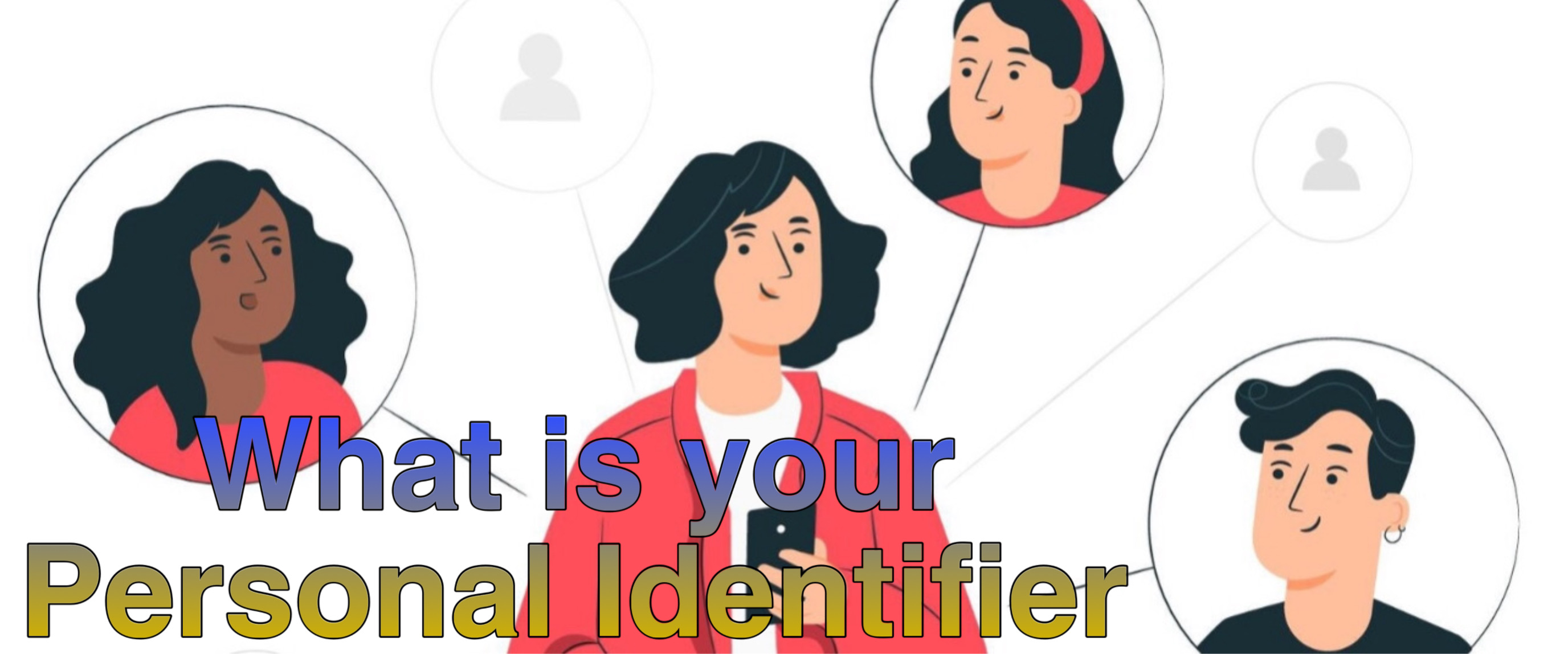Personal Identifier
15 May 2024 (Updated January 20, 2025)
Establish Personal Identifiers that overides any deceptions.

A Personal Identifier is a unique word or phrase shared exclusively with an individual or a group, serving as a means of identification and affirmation within the established relationship.
With the advancements in artificial intelligence (AI), technology has never been more adept at deceiving humans. Engaging in a video chat with one’s mother, one may believe that the individual on the other end is actually their mother. However, it is important to recognize that this may not the case sometimes.
Receiving a phone call from an individual you believe to be familiar requesting financial assistance should prompt you to exercise caution, particularly given the infrequency of such occurrences. While you may not wish to convey a lack of trust in this person, it is essential to consider the possibility that they may not be who they appear to be.
Without delving into the technical details of why it is generally advisable to verify the identity of individuals before sending funds, consider asking a question that only this person possesses the knowledge to answer. That is your Personal Identifier for him or her.
What is a Personal Identifier?
Can this individual provide personal information such as your anniversary date, your current residence, or the location where you typically keep your keys? Additionally, they could inquire about your customary methods of celebrating significant life events, such as your milestone birthday.
Questions that only this person who claims who this person is has the answers to.
Talk to the key people in your life about Personal Identifiers and establish one or two questions where only they will know the answers to. These questions may not possess logical or realistic connotations; their sole purpose is to serve as mutually agreed-upon identifiers.
What should you do when someone asks you for money?
Don't make them rush you. Stop. Think. Hesitate.
Refusing to lend money to someone, even if it is a small amount, does not address the root cause of the problem. It merely empowers the perpetrator, encouraging them to seek financial assistance from others in the same manner.
It is also advisable to exercise caution before making financial transactions in this manner. When receiving calls, it is crucial to remain vigilant and aware of the potential for deception, even in the context of video calls.
This article is not an official statement of Hexagon Center.

